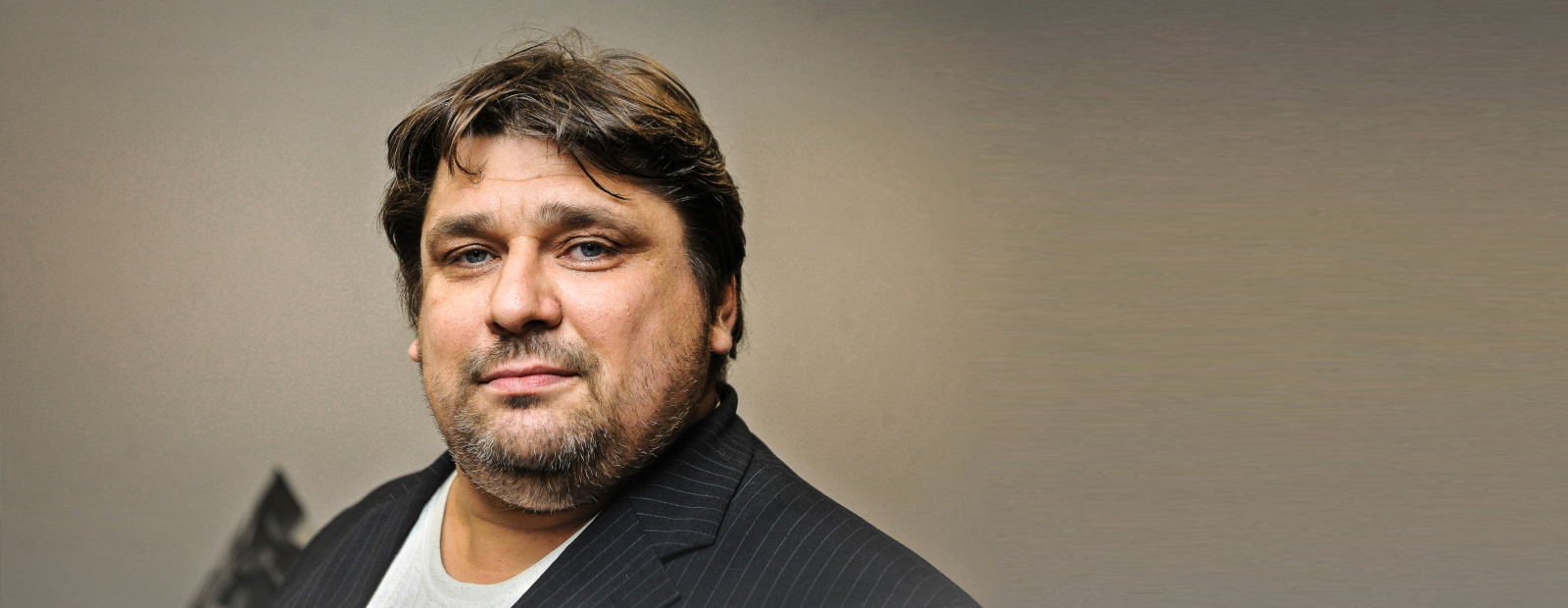At the same time, there are already issues on a much more global scale on which there is at best a formal rather than a real consensus among NATO members.
First, NATO’s new strategy, which will be endorsed by the Alliance at the summit, will formally change Russia’s status, recognizing that it is no longer a NATO partner but a threat to peace, security and stability. Following Russia’s invasion of Ukraine, Alliance officials have also acknowledged that the organization is no longer bound by the 1997 NATO-Russia agreement on mutual relations, which does not significantly increase the Alliance’s permanent presence in Eastern Europe. Russia has essentially annulled this agreement, or Basic Act, with its invasion of Ukraine, and NATO is no longer an obstacle to a significant increase in the Alliance’s eastern wing. It is not yet known whether NATO’s expanded presence battalions in the Baltic States will be increased to the level of brigades, as requested by Riga, Vilnius and Tallinn, but there is no doubt that the region will receive additional protection.
Another issue that will be on the agenda of the summit and is also very important for Latvia and our region as a whole, will be the provision of additional support to Ukraine, which now needs such assistance more than ever. It is very likely that positive decisions will be taken in this regard too, but the question of keeping promises and deadlines will remain relevant, mainly in the case of a number of so-called old European countries. As past practice has shown, Germany in particular has not been in a hurry to deliver the promised armaments so far.
Another news, which also directly applies to the Baltic states, is that due to Turkey’s objections, the accession of Finland and Sweden to the alliance has been postponed, according to Finnish President Sauli Nīniste – at least until September. It is possible that for an even longer period of time, as the President of Turkey Regepi Taipa Erdogan will probably not be ready to show tolerance for the Kurdish issue, which has become the cause of controversy, sooner than after the upcoming presidential elections next year.
Another reason for even more ambitious controversy may be the US desire to mention China for the first time in the new NATO strategy, which a number of European countries do not want to do for fear of far-reaching consequences, especially in the economy, or without seeing threats to themselves.
–


